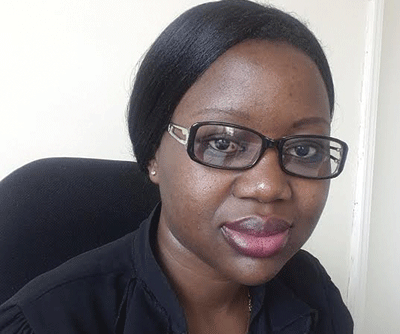
WOMEN across the world have a different appreciation of International Women’s Day and Women’s History Month.
The reactions are largely determined by the different struggles that women have fought in their societies. One factor that unites women is an appreciation for what led to the observance of this day – working women’s strikes responding to low wages, lack of protective legislation and the poor working conditions to which female workers were subjected.
I’ts 2015, the world has changed, but women’s issues largely remain the same. Nonetheless, overwhelming relief is felt when countries come together to celebrate strides made by women.
For an organisation like Women’s Institute for Leadership and Development (WILD), whose focus is mainly on women, the month of March presents the tip of an iceberg; an opportunity to celebrate the achievements of women while calling for greater equality.
This women’s month, WILD promotes the full participation and equitable representation of women in all spheres of society, particularly in the decision-making and policy-making processes in colleges and universities, in order to fully realise their role as agents and beneficiaries of development.
In Zimbabwe it is not enough to classify women under white, blue and pink collar. Zimbabwean women are commonly classified under the unemployed, single mothers, vendors, educated, rural, urban, politicians the list goes on.
Non-governmental organisations do not simply us these classifications to choose a target group to work with, but to zero-in on the challenges facing each group.

WILD realises that a magic bullet approach to women’s issues will only keep private organisations and government institutions busy, but will not make lives of women any easy. This women’s month, WILD has chosen to focus on women in academia.
- Chamisa under fire over US$120K donation
- Mavhunga puts DeMbare into Chibuku quarterfinals
- Pension funds bet on Cabora Bassa oilfields
- Councils defy govt fire tender directive
Keep Reading
These women are often forgotten because it is believed that after attaining decent education they can get jobs and earn a living and emancipate themselves. All this has become a fairy tale.
In a country with an unemployment rate that soars above 80%, a ZimAsset blueprint raising false hope and industries showing no chance of regaining life one wonders what future an educated young Zimbabwean has.
It is alleged that after Nigeria, Zimbabwe is said to be the second African country with the highest number of unemployed university graduates roaming the streets.
Early this year impressive statistics showed that girls recorded a 74% pass rate while boys scored 68% in the advanced level November 2014 examinations set by Zimsec.
A few months after the results were published state universities were all over the media accused of turning away university students who failed to pay tuition fees in full ahead of a new academic year.
It is disappointing to note that state universities are expected to cater for society’s lowest common denominator but unfortunately in Zimbabwe institutions of education are run like businesses, prioritising money making. Such incidences take women back to the mid-20th Century.
Affirmative action and gender mainstreaming have proven to be absent in empowering women and improving the environment they live in.
Young girls can enroll in university despite low entry points, but of what benefit is this when they still cannot afford to pay registration, tuition and examination fees? The government lacks political will to address critical issues plaguing women in academia.
For instance, there could be a grant specifically for young women excelling academically. In turn these women will give back to the country when they practice.
This women’s month, WILD will host women in universities and colleges and amplify the voice of women. The invited female students are from Lupane State University, National University of Science and Technology, Hillside Teachers’ College, among other tertiary education institutions.
WILD has a body that is dedicated to bring together young women with different interests.
The body, Young Women Ambassadors, was set up in pursuit of improving lives of young women and to offer solidarity. Access and affordability of education for women is often taken for granted, so through this forum these will be addressed and solutions will be mapped.
Nokholo Mhluzani is a Media consultant. She writes in her capacity as the communications officer at Women’s Institute for Leadership and Development. Express valuable comments and feedback related to this article to her on Twitter @finkynm










